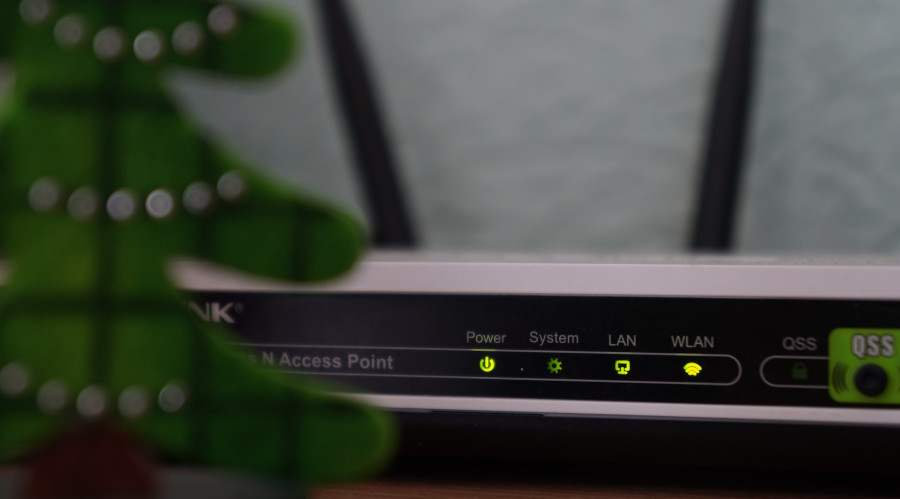Why Is My Wi-Fi Not Working?
In today's world, Wi-Fi has become an essential part of our daily lives. From streaming movies to video conferencing with colleagues, we rely on Wi-Fi to stay connected. However, it can be incredibly frustrating when our Wi-Fi connection stops working. This article will explore some possible reasons why it may not be working.

Network Adapter Problems
One of the most common issues that you may encounter when trying to connect to Wi-Fi is when your WiFi network adapter not showing up. This issue can be caused by a variety of factors, such as outdated drivers or hardware problems.
It's also possible that the network adapter is disabled. To check if this is the case, open the Device Manager on your computer and look for the Wi-Fi network adapter. If it is disabled, right-click on the adapter and select "Enable" to turn it on.
Poor Signal Strength
Another reason why your Wi-Fi may not be working is due to poor signal strength. Walls, doors, and other obstacles can interfere with the signal, causing it to weaken. Make sure that your router is placed in a central location and away from any obstructions. You can also try moving closer to the router to improve the signal strength.
Outdated Router Firmware
Router firmware is the software that controls your router's operations. If it is outdated, it can cause issues with your connection. Check the manufacturer's website for any available firmware updates and follow the instructions to update it.
Network Overload
If too many devices are connected to your Wi-Fi network, it can cause it to slow down or stop working altogether. Make sure that you are not exceeding your network's capacity by limiting the number of devices connected to your Wi-Fi. If you have multiple devices that need to be connected, consider upgrading your internet plan or investing in a mesh network.
Interference from Other Devices
Other electronic devices can interfere with your Wi-Fi signal, causing it to weaken or stop working. Microwaves, baby monitors, and cordless phones are just a few examples of devices that can interfere with the signal. Keep these devices away from the router and try to use them at different times to avoid interference.

DNS Issues
Domain Name System (DNS) translates website names into IP addresses, which your computer uses to connect to the internet. If there are issues with your DNS settings, it can cause issues with your connection. Try resetting your DNS settings by restarting your router or resetting your network settings on your computer.
Bottom Line
Wi-Fi is an essential part of our daily lives, and it can be incredibly frustrating when it stops working. By following the tips provided in this article, you can reduce the likelihood of experiencing issues with your Wi-Fi connection and stay online.